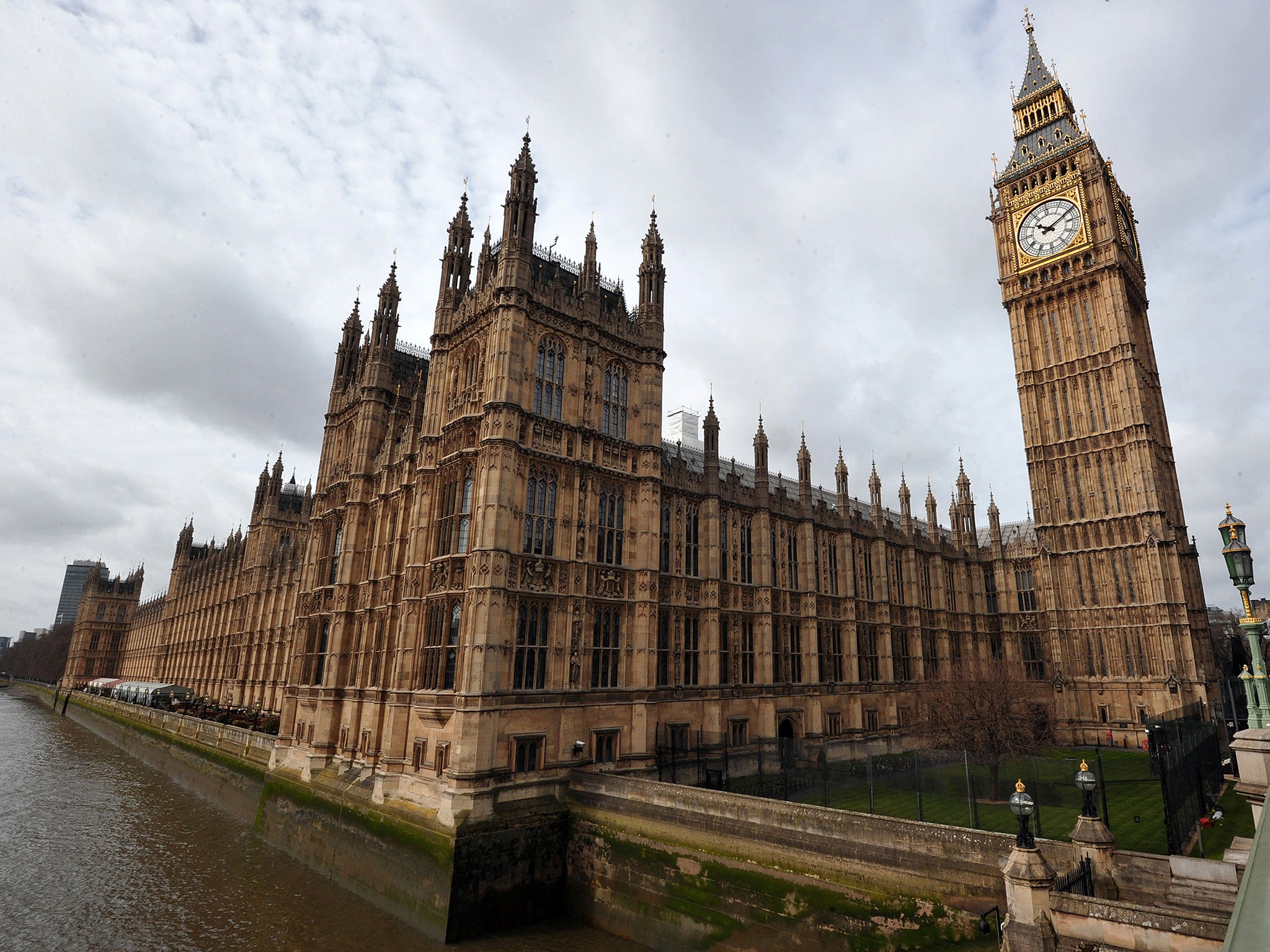MPs could be elected with the backing of just one in six voters
Some suggest that low voting shares will compel MPs to work harder for all their constituents

Your support helps us to tell the story
From reproductive rights to climate change to Big Tech, The Independent is on the ground when the story is developing. Whether it's investigating the financials of Elon Musk's pro-Trump PAC or producing our latest documentary, 'The A Word', which shines a light on the American women fighting for reproductive rights, we know how important it is to parse out the facts from the messaging.
At such a critical moment in US history, we need reporters on the ground. Your donation allows us to keep sending journalists to speak to both sides of the story.
The Independent is trusted by Americans across the entire political spectrum. And unlike many other quality news outlets, we choose not to lock Americans out of our reporting and analysis with paywalls. We believe quality journalism should be available to everyone, paid for by those who can afford it.
Your support makes all the difference.MPs could be returned to Westminster in May’s general election despite winning the backing of just one in six of eligible voters in their constituencies.
Pollsters say the splintering of Britain’s political landscape, caused by the rise of Ukip and the Scottish Nationalists, means several MPs will serve with such weak mandates it will prompt fresh calls for electoral reform.
Market research firm ComRes singled out four constituencies – Edinburgh West, Camborne & Redruth, St Ives and Watford – where it believes MPs could be elected with a share of the vote of less than 25 per cent.
If the 65 per cent voter turnout seen at the 2010 general election is factored into the equation, it would mean that as little as 16 per cent, or one in six of all voters, will have backed the victor.
“Sending MPs to Westminster with an inadequate mandate is sure to fuel the claims of those who say that politics is failing,” said Andrew Hawkins, the chairman of ComRes.
“This year’s general election is set to throw up some grotesquely unfair results,” said Katie Ghose, chief executive of the Electoral Reform Society. “When you have multiple parties in contention for some seats, first-past-the-post starts to look less like an electoral system and more like a lottery.”
Five years ago, the MP elected with the lowest share of the vote was Liberal Democrat Simon Wright in Norwich South, who polled 29.4 per cent, followed by the Green Party’s first MP, Caroline Lucas on 31.3 per cent in Brighton Pavilion, and Liberal Democrat Alan Reid who took a 31.6 per cent share in Argyll & Bute.
A referendum on electoral reform was a negotiated by the Liberal Democrats when the party brokered a coalition with the Conservatives in 2010. But a year later the public overwhelmingly rejected a switch to the alternative vote (AV) system of proportional representation, which had been championed by Deputy Prime Minister Nick Clegg.
“A close or inconclusive result nationally, which looks highly likely, will magnify the shortcomings of a system designed for a different era,” said Mr Hawkins. “Yet the rise in popularity of non-traditional parties is a long-term phenomenon and it is hard to see how reform could be resisted if the election outcome is felt to lack legitimacy.”
Ms Ghose added: “We’re going to see some big gaps between the number of votes some parties attract and the number of seats they win. And tiny swings towards one party or another could have massive, game-changing effects. At the local level, some new MPs will be the beneficiaries of almost random victories, scraping in on historically low vote shares.”
Others suggest that low voting shares will compel MPs to work harder for all their constituents. “Any MP elected with such a low share of the vote will have a very strong incentive to keep in contact with their voters and show they are doing a good job,” said John Curtice, professor of politics at Strathclyde University.
Join our commenting forum
Join thought-provoking conversations, follow other Independent readers and see their replies
Comments